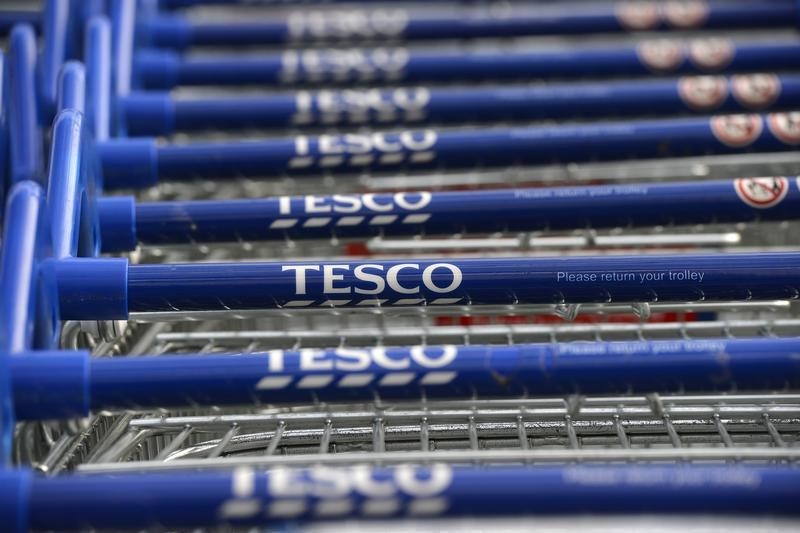By Peter Nurse
Investing.com - European stock markets traded in a mixed fashion Wednesday, with investors weighing the risks associated with soaring inflation, central bank policies, and the ongoing Ukraine conflict.
By 3:45 AM ET (0745 GMT), the DAX in Germany traded 0.5% lower, while the U.K.’s FTSE 100 climbed 0.1% and the CAC 40 in France rose 0.2%.
Hopes for a prompt end to the war in Ukraine received a blow late Tuesday after Russian President Vladimir Putin vowed to continue the invasion, stating that peace talks with Ukraine were “at a dead end,” while suggesting the seven-week offensive is going to plan.
U.S. President Joe Biden said for the first time that Moscow's invasion of Ukraine amounts to genocide, and the United States is reportedly set to announce an additional $750 million in military assistance, in a sign the war is expected to drag on.
The conflict and the associated sanctions levied on Russia, the world’s second largest oil exporter, have roiled commodity markets, adding to inflationary pressures and prompted central banks to consider tightening monetary policies.
The highly anticipated U.S. consumer price index rose 8.5% year-on-year in March, its highest level since late 1981, virtually cementing a 50 basis point hike by the U.S. Federal Reserve in May.
The U.K. equivalent CPI rose to a 30-year high, data showed Wednesday, climbing 7% on the year in March, up 1.1% on the month.
The Bank of England has already started on its tightening path, hiking at three consecutive meetings for the first time since 1997, and the focus now turns towards the European Central Bank, which is set to hold its latest policy-setting meeting on Thursday.
In corporate news, Tesco (LON:TSCO) stock fell 5.3% after the U.K.-based supermarket chain warned its profit was likely to fall in the current year, outweighing its plans to buy back 750 million pounds ($975 million) worth of shares.
LVMH (PA:LVMH) stock rose 1.6% after the French luxury goods maker reported robust demand for Louis Vuitton and Dior products, helping boost first quarter sales.
Oil prices edged lower Wednesday, handing back some of the previous session’s hefty gains with concerns remaining about the market becoming even tighter if Russian supply is further reduced.
Russian President Vladimir Putin's comments that peace talks had come to a dead-end have raised fears that the European Union could embargo Russian crude to further punish Moscow.
U.S. crude stockpiles rose by 7.8 million barrels last week, the American Petroleum Institute reported Tuesday, but gasoline inventories fell by 5 million barrels, an indication of strong U.S. fuel demand.
The official crude oil supply data from the EIA is due later in the day.
By 3:45 AM ET, U.S. crude futures traded 0.3% lower at $100.30 a barrel, while the Brent contract fell 0.4% to $104.23. Both benchmarks climbed more than 6% in the previous session.
Additionally, gold futures fell 0.2% to $1,971.60/oz, while EUR/USD traded 0.1% higher at 1.0837.
